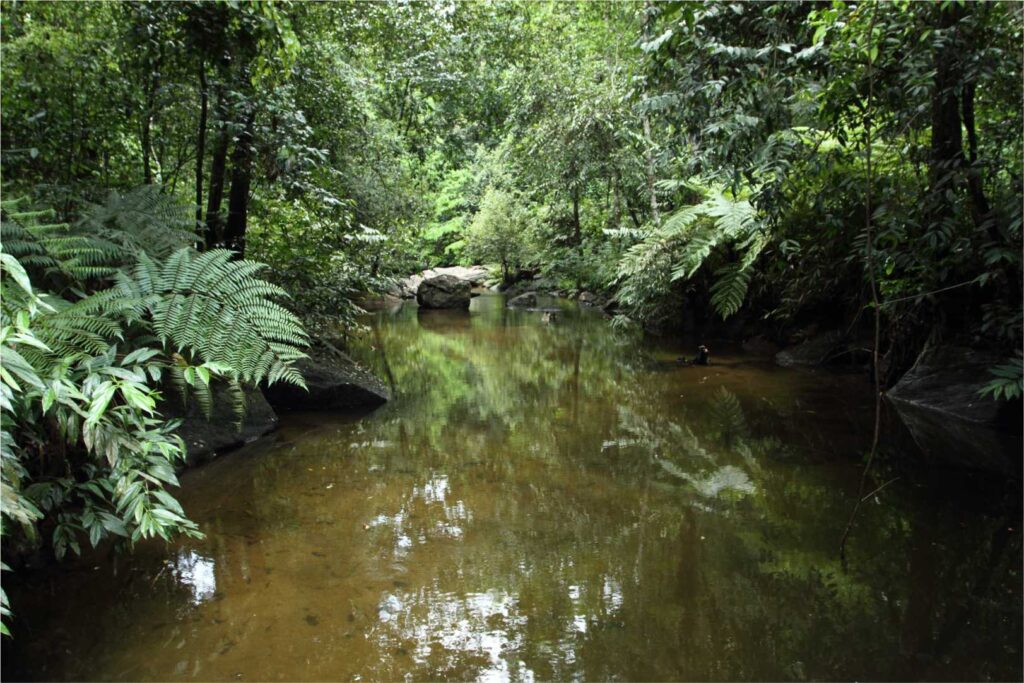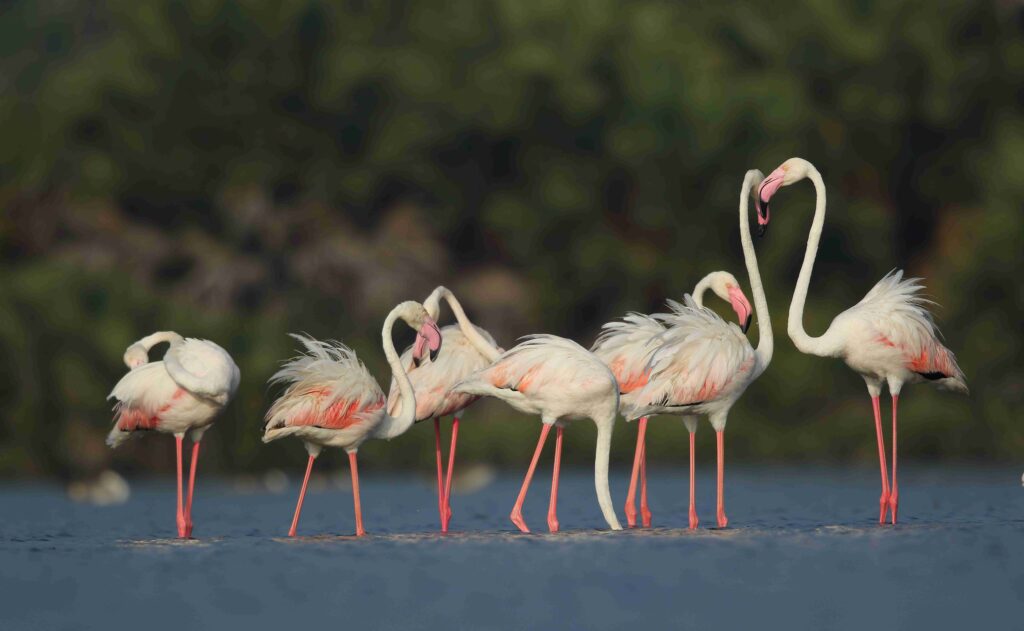
In today’s rapidly changing world, the concepts of biodiversity and sustainability are more interconnected than ever before. As leaders in the business community, it’s crucial to understand this nexus and take proactive steps to ensure that our economic activities support, rather than harm, the natural world that sustains us.
Why Biodiversity Matters
Biodiversity refers to the variety of life on Earth, encompassing different species, ecosystems, and genetic variations. This diversity is not just about preserving the beauty of nature; it’s about maintaining the essential services that ecosystems provide. These services include clean air and water, fertile soil for agriculture, pollination of crops, and climate regulation. In essence, biodiversity is the foundation of our well-being and economic prosperity.


The Role of Sustainability
Sustainability is about meeting our current needs without compromising the ability of future generations to meet theirs. It involves balancing economic growth, social inclusion, and environmental protection. When we integrate biodiversity into our sustainability efforts, we ensure that our natural resources are used wisely and conserved for the future.
The Business Case for Biodiversity
For businesses, embracing biodiversity and sustainability is not just a moral obligation; it’s a smart strategy. Companies that prioritize these values often see numerous benefits, including:
- Enhanced Reputation: Consumers and investors are increasingly favoring companies that demonstrate environmental responsibility. By showing a commitment to biodiversity, your business can build a positive image and attract a loyal customer base that values sustainability.
- Risk Management: Healthy ecosystems can mitigate risks related to climate change, such as extreme weather events. For instance, forests and wetlands can act as natural buffers against floods and storms, reducing potential damage to infrastructure and operations.
- Innovation and Efficiency: Sustainable practices often lead to innovative solutions and more efficient use of resources, reducing costs in the long run. For example, adopting biodiverse agricultural practices can improve soil health and crop yields, leading to more resilient and productive farming systems.
- Market Opportunities: There is a growing market for eco-friendly products and services, providing new business opportunities. Consumers are willing to pay a premium for products that are sustainably sourced and produced, opening up new revenue streams for businesses that prioritize biodiversity.
Biodiversity Sri Lanka (BSL)
To make a meaningful impact, we invite you to join Biodiversity Sri Lanka (BSL). BSL is a platform that brings together businesses committed to biodiversity conservation and sustainable practices. By becoming a member, you can:
- Collaborate: Work with other like-minded businesses to share knowledge and best practices. BSL provides a network where you can learn from the experiences of others and develop joint initiatives that amplify your impact.
- Report: Engage in biodiversity reporting to track and communicate your conservation efforts. Transparent reporting helps build trust with stakeholders and demonstrates your commitment to sustainability.
- Support: Contribute to projects that protect and restore Sri Lanka’s unique ecosystems. BSL facilitates various conservation projects that you can support, ensuring that your efforts are directed towards impactful and scientifically-backed initiatives.
Take Action Today
Your involvement through BSL can make a significant difference. Together, we can create a sustainable future where businesses thrive in harmony with nature. Let’s lead by example and show that economic success and environmental stewardship go hand in hand.



